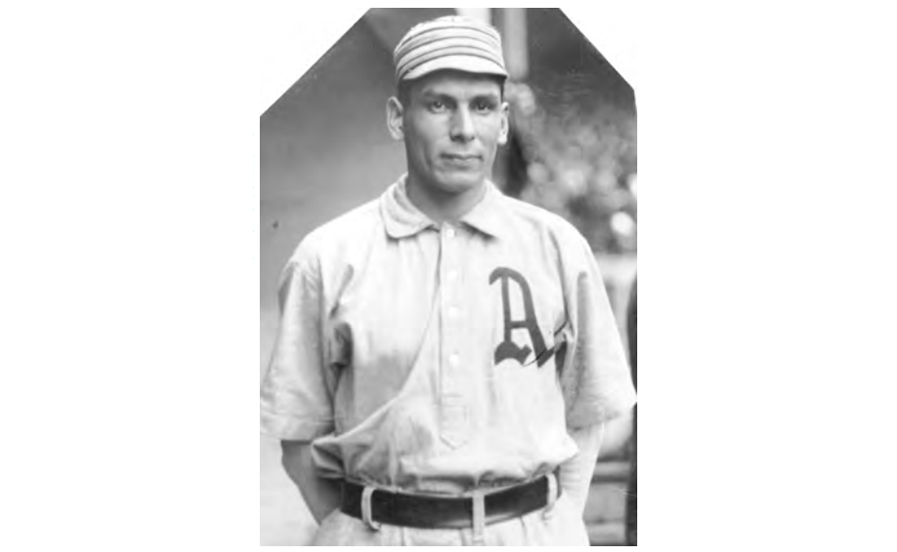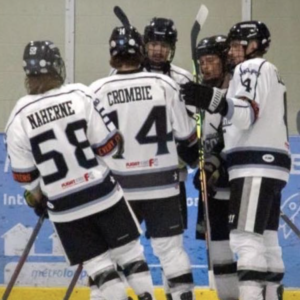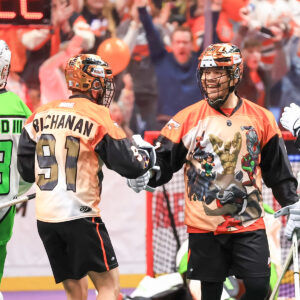
Last week we looked at only a few Native Americans who broke the “Red Barrier” in Baseball in the 1890’s and early 1900s. There are more that deserve mention as well. Many times, the nickname automatically given them was “Chief” and that is how their name appears in baseball history.
There was Ojibwe, “Chief” Bender who played for the Philadelphia Athletics, Baltimore Terrapins, Philadelphia Philly’s, and the Chicago White Sox, between 1903 and 1925. While some other teams were known too carry an American Indian on the roster, more or less as a novelty, Bender was the real deal.
According to the Baseball Almanac, Charles Albert Bender was born on May 5, 1884, in Crow Wing County, Minnesota, and died May 22, 1954, at age 70.
He broke into the big leagues as a right-hand batter and right arm pitching pitcher. He debuted as a pro on April 20, 1903, with the Athletics, and ended his career July 21, 1925, for the White Sox.
He won three World Series in 1910, 1911, and 1913 and pitched a no-hitter on May 12, 1910. Bender is in the Philadelphia Baseball Hall of Fame.
Biographer Tom Swift writes that Bender “was often portrayed as a caricature and was the subject of myriad cartoons – many exhibits of narrow-mindedness. After he threw one of the most dominating games of the early years of the American League, Bender was depicted wielding a tomahawk and wearing a headdress as though he was a happy warrior.”
He had to look past the cruel jokes from team members and disrespectful chants and loud remarks by the crowd, especially on the road. But he knew where the money was and it certainly was not on the reservation.
After one especially well-pitched game, he left the field to the taunts of “Nig” in a reference to his dark complexion, in the only recorded time he responded was by calling the troublemakers “foreigners.”
Chief Bender did have one problem which he dealt with on the threat of being thrown off the team. His drinking sprees were notorious, but when finally confronted about it, he did go on the wagon, where he remained for the rest of his baseball career.
Chief Bender had a brother who was making his way into the pros as well. His name was John C. Bender. He was on his way to a lucrative baseball contract when he was suspended from baseball for three years for stabbing his manager, Win Clark, several times during a fight at a restaurant.
Following his baseball career, Chief Bender turned to another kind of field to become a successful gentleman farmer of produce.
Bender was well likes amongst his teammates as told by pitcher Rube Bressier who called him, “one of the kindest and finest men who ever lived.”
The legendary Ty Cobb noted his baseball smarts describing Bender in the 1911 World Series as “the greatest bit of brainwork I ever saw in a ballgame”.
Bender may also have been the first major league player to steal signs. He did it through his third baseman, Cy Morgan, and was suspended once for being caught.
Some credit Bender as the first to use the “slider” pitch, in the 1910s, then called a “nickel curve”, which helped him achieve a no-hitter and win 212 games. Bender was voted into the Baseball Hall of Fame in 1953 but died before his induction ceremony.
In 1981, Lawrence Ritter and Donald Honig included Chief Bender in their book The 100 Greatest Baseball Players of All Time.










